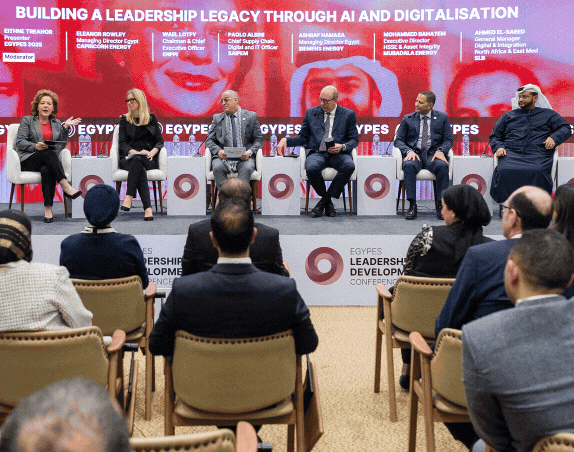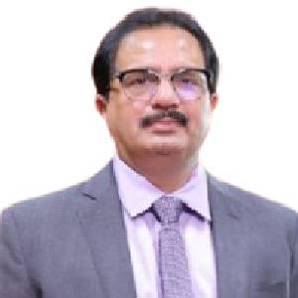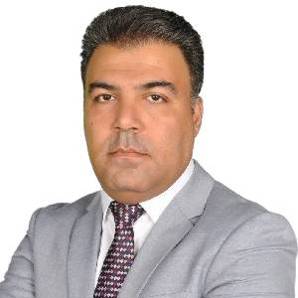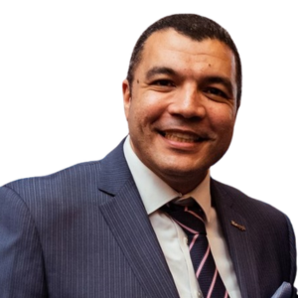SHAPING THE FUTURE OF ENERGY ACROSS INDUSTRY, TECHNOLOGY, WORKFORCE AND CULTURES
Today’s energy leaders stand at the forefront of a pivotal era where the shift to sustainable energy solutions has moved from a mere aspiration to an urgent necessity. Leading high-performing businesses and teams across the energy value chain, they are navigating a rapidly evolving ecosystem that drives innovation, reshapes business models, and redefines the future of energy.
Recent geopolitical events and renewed industry realism have intensified the urgency of energy security and affordability, compelling leaders to reassess strategies that enhance the exploration of affordable, sustainable, and reliable energy sources, including gas. With disruptions in global energy markets and a renewed sense of industry purpose, leaders now face the challenge of addressing immediate supply needs while advancing long-term environmental goals. To fulfil these commitments, the industry is building a workforce capable of meeting evolving market demands and supporting the transition to more sustainable energy practices.
The EGYPES Leadership and Development Conference unites C-level executives, including technology, sustainability, and decarbonisation experts, alongside chief people officers and human capital specialists. Together, they will explore strategies, cutting-edge technologies, and evolving workforce dynamics that empower leaders to deliver a prosperous and secure energy future supported by abundant and readily available talent.

2025 SPEAKERS
2025 AGENDA
Wednesday, 19 February 2025
10:00 - 10:10
10:10 - 10:50
PANEL DISCUSSION
Leading Sustainable Commercial and Operational Decision Making
Speakers
10:50 - 11:30
PANEL DISCUSSION
Building a Leadership Legacy Through AI and Digitalisation
Speakers
11:30 - 12:10
PANEL DISCUSSION
Maximising Energy Talent Acquisition and Retention Through Employer Branding Strategies
Speakers
12:10 - 14:00
LUNCH, EXHIBITION AND NETWORKING
14:00 - 14:40
PANEL DISCUSSION
Leveraging the power of communication to strengthen the new energy narrative
Speakers
14:40 - 15:20
PANEL DISCUSSION
Upskilling and Reskilling the Workforce to Drive Digital Transformation
Speakers
15:20 - 16:00
PANEL DISCUSSION
Unlocking Leadership Potential and D&I Through Mentorship
Speakers














































































